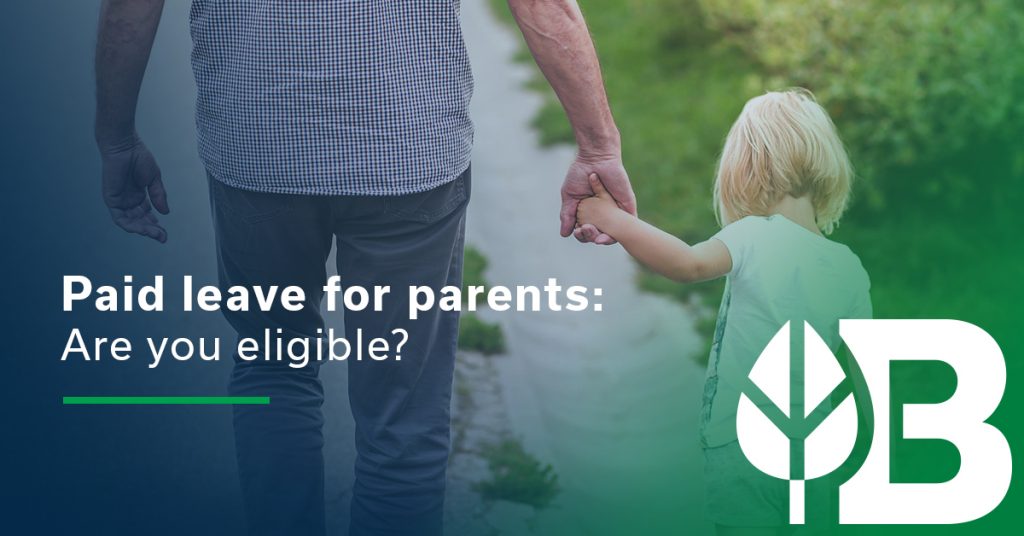
Remote Learning and COVID-19: New Guidance “Schools” Employers on FFCRA Paid Leave Requirements
By James Beyer, Associate Counsel
Last week, the U.S. Department of Labor’s Wage and Hour Division (WHD) published guidance related to what is possibly the hottest topic on most parents’ minds: the reopening of schools. Specifically, the WHD issued additional FAQs within its “Families First Coronavirus Response Act: Questions and Answers” guidance, which address various scenarios where an employee who is a parent might (or might not) qualify for paid leave under the Families First Coronavirus Response Act (FFCRA).
First, a brief reminder about an employer’s coverage under the FFCRA: according to the WHD, a business with fewer than 500 full- and part-time employees in the United States must provide paid sick leave or expanded family and medical leave for its workers. This includes all active employees, employees on leave, temporary employees who are jointly employed by your business and another employer (regardless of whether the jointly-employed employees are maintained on only your or another employer’s payroll), and any day laborers supplied by a temporary agency. If you operate as a private-sector employer with more than 500 employees, the FFCRA does not apply to you.
Now, let’s examine the latest guidance pertaining to school issues that employees might face. The WHD guidance speaks to three specific scenarios: (1) where in-person instruction is only available on certain days of the week and a child attends a school operating on an alternate day basis; (2) where in-person instruction is available each day but a parent opts to have their child participate in a remote learning program; and (3) where a school commences the year with remote learning but eventually shifts to in-person instruction if/when conditions change.
Scenario 1: An employee’s child’s school is operating on an alternate day (or other hybrid attendance) basis. The school is open each day, but students alternate between attending school in person and participating in remote learning. They are permitted to attend school only on their allotted in-person attendance days. May the employee take paid leave under the FFCRA in these circumstances?
According to the WHD, the answer is yes. The employee is eligible to take paid leave under the FFCRA on days when their child is not permitted to attend school in person and must instead engage in remote learning. This paid leave applies as long as the employee needs the leave to care for the child during that time and only if no other suitable person is available to do so. For purposes of the FFCRA and its implementing regulations, the school is effectively “closed” to the employee’s child on days that the child cannot attend in person. The employee may therefore take paid leave under the FFCRA on each of their child’s remote-learning days.
Scenario 2: An employee’s child’s school permits parents to choose between having their child regularly attend school in person or participate in a remote learning program. The employee elected to choose the remote learning alternative for their child because they are concerned with the possibility of their child contracting COVID-19 and worry that the virus may be brought home to the family. Since the child will be learning from home throughout the school week, may the employee take paid leave under the FFCRA in these circumstances?
According to the WHD, the answer is no. The employee would not be eligible to take paid leave under the FFCRA because the child’s school is not “closed” due to COVID–19 related reasons; it is open for the child to attend. FFCRA leave is not available to take care of a child whose school is open for in-person attendance. If the employee’s child is home because the employee has willingly chosen for the child to remain home, the employee is not entitled to FFCRA paid leave. However, if – because of COVID-19 – an employee’s child is placed under quarantine order or has been advised by a health care provider to self-isolate, the employee may be eligible to take paid leave to care for the child.
Scenario 3: An employee’s child’s school is beginning the school year under a remote learning program out of concern for COVID-19, but has announced it will continue to evaluate local circumstances and make a decision about reopening for in-person attendance later in the school year. May the employee take paid leave under the FFCRA in these circumstances?
According to the WHD, the answer is yes. The employee would be eligible to take paid leave under the FFCRA while their child’s school remains closed to in-person instruction. If the child’s school reopens, the availability of paid leave under the FFCRA will depend on the particulars of the school’s operations, as discussed in Scenarios 2 and 3 above.
Understanding the many eligibility rules for these various scenarios is crucial to remaining in compliance with federal law. Moreover, by comprehending these regulations and conveying information to its employees, organizations can do their part in properly managing employee expectations (and stresses) in the current working environment.
Be sure to also check your employees’ leave eligibility under state or local laws, which may provide for more favorable leave than the FFCRA. For example, jurisdictions in California (such as Los Angeles County, the City of Los Angeles, and, more recently, Sonoma County) have passed ordinances providing for paid leave for employees of companies with 500 or more employees if an employee needs to care for a family member whose senior care provider or whose school or child care providing temporarily ceases operations in response to COVID-19.
Interested in further discussing the WHD’s recent guidance? Connect with James on LinkedIn or get in touch with your Broadleaf contact.
You can view James’ latest blog on managing return-to-work in the workplace here.
Please note that the information provided in this blog does not, and is not intended to, constitute legal advice; instead, all information available on this blog is for general informational purposes only. Readers should contact their attorney to obtain advice with respect to any particular legal matter.




